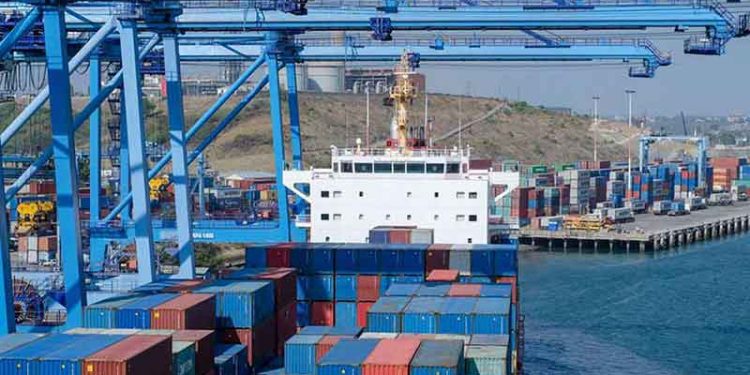More customs clearing agents and other service providers are encouraged to join the custom’s Authorized Economic Operators (AEO) if the programme is to benefit more importers.
AEO operates in a paired transaction where the two parties involved must first be accredited before enjoying the benefits that come with the scheme, Ms. Noel Kayaywa, Assistant Manager, AEO program at Kenya Revenue Authority (KRA) said.
Out of a total of 290 AEO national holders in Kenya, it is only 99 that are clearing agents. This compares poorly with 188 importers and exporters accredited by the programme. With only 8 transporters and 1 shipping agent, it is extremely difficult for an importer to enjoy AEO benefits of the programme in the entire logistics chain.
AEO accredited company enjoys the availability of dedicated relationship managers from customs and access to pre-arrival clearance. Other benefits include faster priority in documentary clearance; access to priority service channels such as priority telephone lines at contact centers and priority corners at release points.
Also, AEO holders enjoy professional advice on customs compliance and security; destination verification on a need basis; recognition as secure and reliable trading partners, and ease of border crossing.
“The AEO scheme builds trust between the customs administrators and traders through compliance. It also enhances the safety and security of traded goods among consumers from different geographical locations.” Mr. Lawrence Othieno, Adviser, Trade Competitiveness at the Commonwealth, recently said.
The 39th meeting of the EAC’s Sectoral Council on Trade, Industry, Finance, and Investment (SCTIFI) recently adopted simplified AEO accreditation criteria to suit SMEs.
The freight logistics industry in the region applauded the move by EAC and is encouraging the partner states to fastback the implementation of the simplified AEO criteria for SMEs in the sector. The Federation of East African Freight Forwarders Associations (FEFFA), the apex body of customs clearing and forwarding firms in East Africa, believes that the application of simplified AEO will drive up the uptake of the AEO scheme among the SMEs among them the customs clearing agents, warehouse operators, freight forwarders, and transporters.
“AEO scheme is not only reserved for the established players within the industry; there are a number of Small Medium Enterprises that are currently accredited as AEOs in Kenya.” Ms. Kayaywa said.
The Sectoral Council also directed the EAC secretariat to undertake analysis for purposes of developing a harmonized framework for the thresholds for accrediting regional AEOs to determine the classification of MSMEs in the region. The aim of this harmonization is to enhance the uptake of AEO both at the national and the regional level for purposes of promoting legitimate trade.
The Commonwealth Secretariat (COMSEC) has partnered with the FEAFFA to sensitize the private sector and especially the SMEs on the need to embrace the AEO scheme to not only facilitate trade but also have a secure supply chain.
The partnership identified the reasons for hindering the uptake of the AEO scheme in the region and the need to bring all other partner government agencies on board to break the existing bottlenecks.





